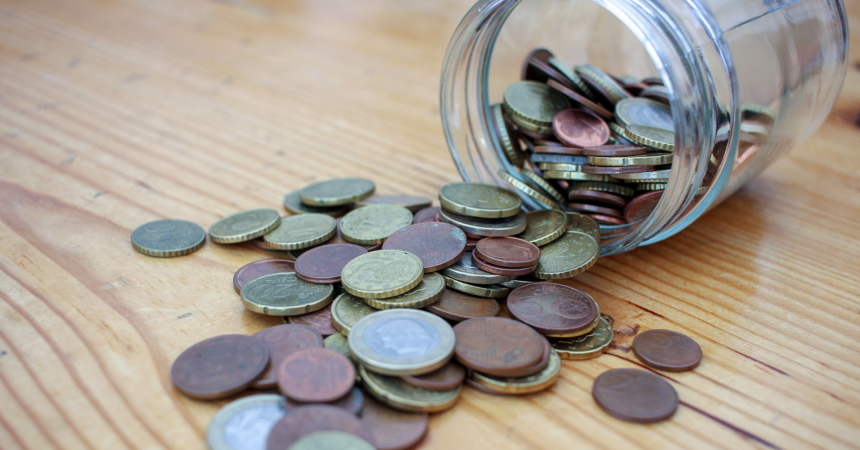The well-being of persons considered at risk of poverty or social exclusion has worsened over the last three years according to National Statistics Office data published on Monday, despite the government’s ‘social’ schemes and economic growth.
The survey collected data from some 10,000 Maltese residents across 4,000 households. While it found general satisfaction with work and life conditions, those in difficult financial and social situations reported worsening conditions compared to previous years.
The survey formed part of an EU-wide data collection effort on income and living conditions. In 2022, the latest year surveyed, more than three-quarters of households claimed good general health.
Between 2020 and 2022, the number of respondents at risk of poverty who reported poor health rose from 7.5% to 8.5%. Around 3% of other respondents reported poor health.
Similarly, respondents facing poverty reported a rise in chronic illnesses from 42.5% to 48.3% over the same period.
Almost 30% of those facing poverty claimed such illnesses imposed limitations on their lives.
Since survey data was collected from households, the conditions of those rendered homeless are not included in the statistics.
Social Policy Minister Michael Falzon’s response to a recent parliamentary question indicated that the number of people facing the issue is rapidly on the rise.
Figures tabled by Falzon show that since 2013, calls to the national helpline about homelessness have tripled to more than 500. A peak in the figures is noticeable at the beginning of the Covid-19 pandemic.
NGOs have previously noted increased homelessness, with official numbers failing to reflect the reality of the issue in Malta accurately.
An increasingly unaffordable housing market exacerbates the issues despite a boom in property development.
Conditions for the most vulnerable have been made worse by inflation.
While the latest figures show a general slowdown in inflation, the cost of basic amenities such as food remains high, even with the government’s introduction of ‘historic social pacts’ to control prices.













Besides inflation there are a number of “extras” one needs to take care of, like medicines not in the scheme, clothing etc..the social gap between the extremely rich and those living from hand to mouth is widening